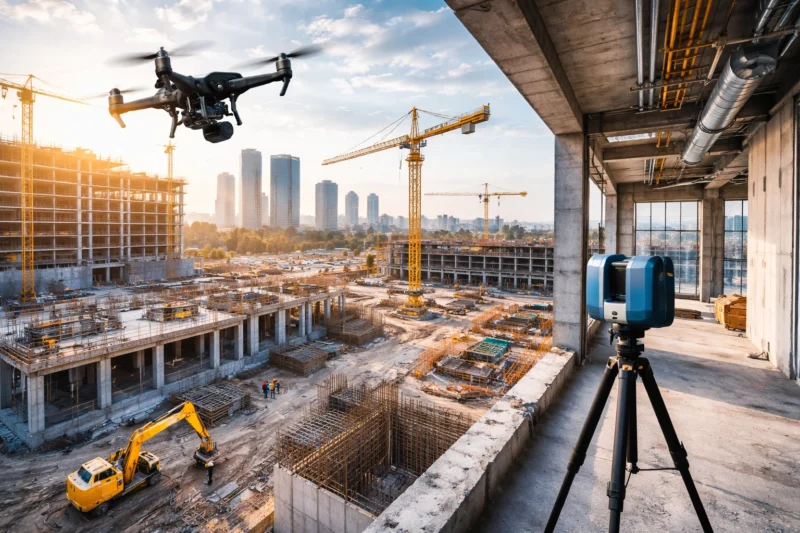How the Combination of Artificial Intelligence and IoT makes the Smart Factory a Reality
Augsburg / Munich, December 1, 2020 – Part 4 of the digital press conference series “Join us for a coffee…” took a look into the future of manufacturing and showed how industrial companies can increase efficiency, product quality and revenue by linking artificial intelligence and the Internet of Things – this time with the expertise of KUKA, Device Insight and Sentian.
When it comes to combining artificial intelligence and IoT, industry has so far clearly focused on predictive maintenance. “A mistake,” says Dr. Christian Liedtke, Head of Strategic Alliances at KUKA, with conviction. As the expert made clear at the beginning of the virtual discussion round: “If companies focus exclusively on predictive maintenance, they can only achieve better availability of a single machine, which shouldn’t fail anyway.” What end users are really interested in is generating more revenue. “To achieve this, however, all those involved in the process must work better together and individual processes must interlock seamlessly.”
Smart Production with Artificial Intelligence of Things
One approach enabling such a holistic optimization of production is the combination of artificial intelligence and the Internet of Things to form an “Artificial Intelligence of Things” (AIoT), as created by KUKA subsidiary Device Insight and AI specialist Sentian. Here, the aim is to continuously reduce deviations from the optimum within a manufacturing process and to automate improvements. As initial applications of AIoT show, it is precisely the fine adjustments of industrial production that can exploit enormous potential to increase the quality of goods produced and overall yield. According to McKinsey, this will enable an increase in efficiency of up to 30 percent. The key is therefore to synchronize AI and IoT technologies.
This is why IoT pioneer Device Insight has joined forces with the Swedish AI specialist Sentian. Together, they are now able to accompany companies on the way to intelligent production – away from individual solutions and selective improvements, such as those possible with predictive maintenance, and towards a holistically optimized smart factory.
“In 10 to 15 years, artificial intelligence will be in every production process”, says Martin Rugfelt, CEO of Sentian. “In fact, AI is already important for many industrial companies. It can reduce energy consumption in the chemical industry, cut waste in the pharmaceutical industry, handle variation in paper production or optimize production lines in discrete manufacturing. For example, JUMO, a German manufacturer of automation and sensor technology, has been able to increase the proportion of its sensors in the highest quality class by 8 percent.”









